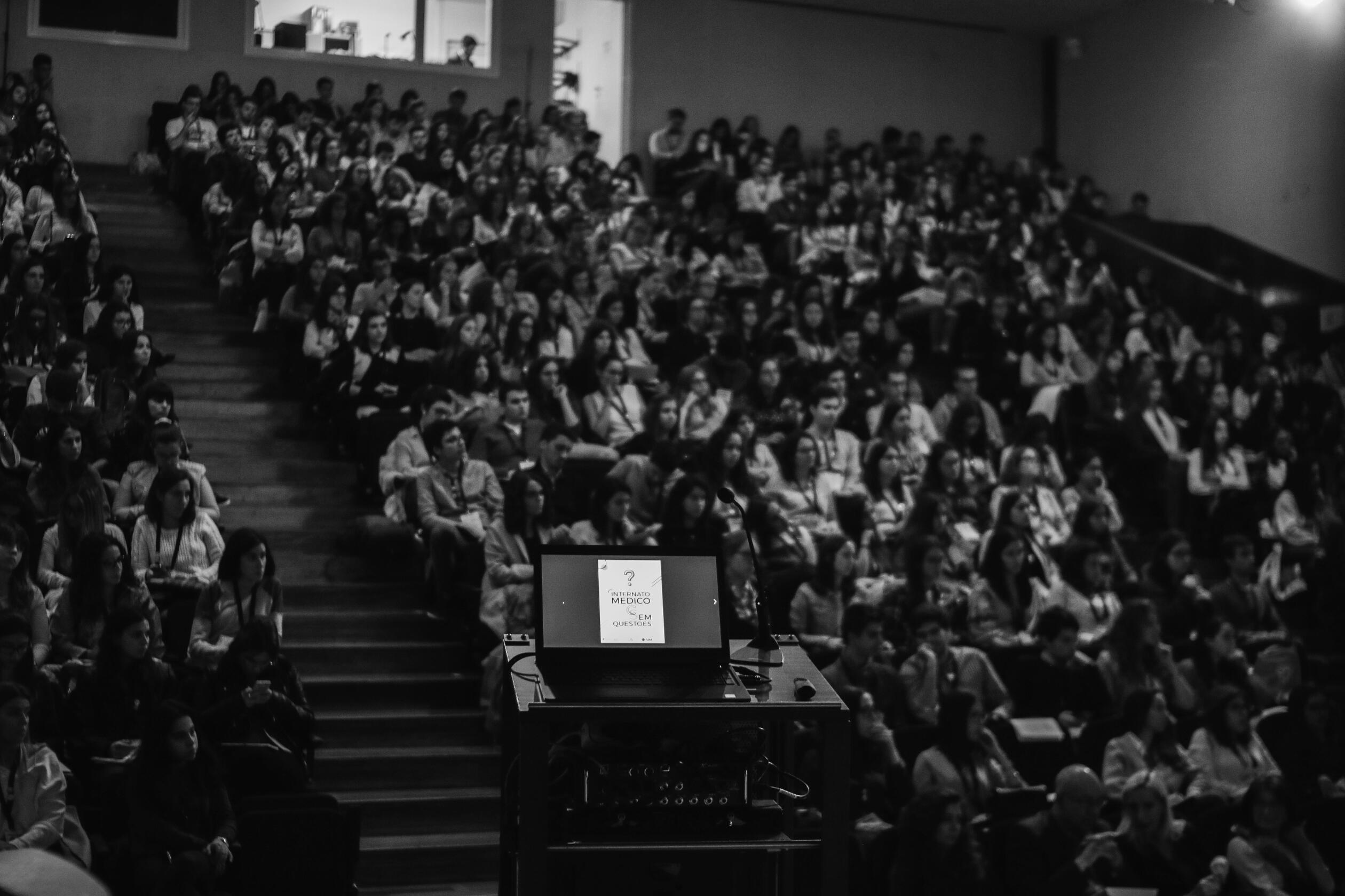Open Education initiative
“Education is the most powerful weapon which you can use to change the world.”
- Nelson Mandela
About the initiative
Formed on the belief that education is a basic human right, the Open Education Initiative aims to promote free access to quality education for all. The initiative seeks to promote dismantling barriers to education which exist throughout society through first-party platforms, support for non-profit educational organizations, and advocacy. The initiative is formed on the belief that education is a basic human right, and that access to quality education is essential for the growth and development of individuals and communities. The initiatives ultimate goal is to create a world where education is truly open and accessible to all, contributing to a more just and equitable society where everyone has the opportunity to achieve their full potential.

Kenny Eliason / Unsplash
(Coming Soon) Read the "Open Education Manifesto," the document which outlines the history of oppression that the communities which we service face, why we advocate for open education, and the calls-to-action that this initiative promotes.
A fight for true justice
"Education… is the key to unlocking other human rights" - Katarina Tomasevski

Miguel Henriques / Unsplash
First and foremost, advocating for open and accessible education is the most important thing one can do (short of being the one who makes the change). Advocacy is a big part of what we do at the Open Education Initiative and we hope that through social media, writing to MP's, and protesting, that education across the globe will one day be accessible for all.
Our Initiatives
Project Spartan
Project Spartan in OEI's founding initiative. Our goal, to advocate for the equal access of educational resources in low-income Toronto communities.

Tim Gouw / Unsplash
Theoretically, schools in Toronto should receive the same amount of funding per pupil. However, in practice, this is not always the case.Schools in wealthier areas may have a larger pool of wealthy donors and parent organizations that can raise additional funds through private fundraising and provide additional resources that are not available to schools in poorer areas.Companies in wealthier areas may provide corporate donations to schools in their communities, providing additional financial support that is not available to schools in lower-income areas.Wealthier schools may also have a larger pool of alumni who are financially successful and able to provide financial support to their previous schools.
This has been an issue brought up for many years:
In Toronto, wealth and test scores, and the opportunities that students have for extra-curricular opportunities in the TDSB are largely correlated. High achieving elementary schools are concentrated in high-income areas, and a higher percentage of the students who fail reading, writing, and math tests attend schools in low-income areas. Low-income students also had a higher likelihood of taking applied courses (Alphonso & Grant, 2013).
Schools in Toronto’s affluent neighbourhoods fundraise 300 times more per student than those in lower-income neighbourhoods (Alphonso & Hammer, 2014).
The top twenty elementary schools in Toronto (largely concentrated in affluent areas) raised $3.9M of additional fundraising, while the bottom twenty raised only $43K. Some schools, such as Nelson Mandela Park Public School, situated in Regent Park, raised only $11 per student, while Forest Hill Elementary raised $281K alone in one year (Winsa, 2015).
In Toronto, there is a high degree of vertical and horizontal segregation, where students are forced to attend schools near to where they live, clustering high- and low-income families into separate schools (Maharaj, 2015).
The TDSB’s average elementary student school-generated funding was the lowest of the English boards in all of the GTA. At just $118, this is dwarfed by the YRCSB’s average of $358. It is theorized that this is due to the growing poverty crisis in the city where 60% of residents could fall below the poverty line in 2025. 60% of elementary schools in the TDSB fail to fundraise $100/child, while in other boards, nearly 100% do (Winsa, 2016).
The top 10% of elementary schools brought in 37 times more money through fundraisers than the bottom 10%. At high schools, the top 5% raised as much as the bottom 81% combined (Gordon, 2018).
Despite the number of schools offering before and after care has increased, families in the poorest areas are least likely to benefit (Gordon, 2018).
Schools in the wealthier areas of Ontario fundraise more than twice as much as in the poorer areas. The top 10% of elementary schools fundraised 33 times more than the bottom 10 percent of low-income schools (Rizza, 2019).
Following the results of an OEI community survey, a correlation was made between schools in low- or middle-income areas and the frequency that students reported their schools being able to fund additional expenses.Those who attend schools in lower-income areas were more likely to report that their schools lacked being able to charter a school bus instead of relying on public transportation, purchase new textbooks/computers/etc., provide free breakfast and/or lunch programs, subsidize the cost of school trips/prom/etc.
Our Platforms
Haladay
Haladay specializes in proving all-in-one solutions for educational institutions; bringing school administration and the classroom right to the fingertips of students and parents. Available through any browser or through Android or Windows apps.Haladay offers its student information and management system to non-profit educational institutions for free. For-profit institutes may also register for the platform on a pay-as-you-need basis to help offset the service costs for non-profits.
Are you a non-profit in need of funding?
(Coming soon) The Open Education Initiative offers grants to non-profits who provide educational services to their communities.These supports require no repayment as they are our gift to initiatives like ourselves who want to make a difference in society.
Are you an individual in need of funding?
(Coming soon) The Open Education Initiative offers scholarships to a students coming from a number of diverse groups who are perusing post-secondary education.This ranges from students who are committed to social justice, activism, and community service, to students who are visible minorities, have a permanent disability, to those who simply cannot afford post-secondary, and everyone in-between.Scholarship values range from $500 - $2,000 each and will be posted here as soon as they are available.
© Open Education Initiative. All rights reserved.